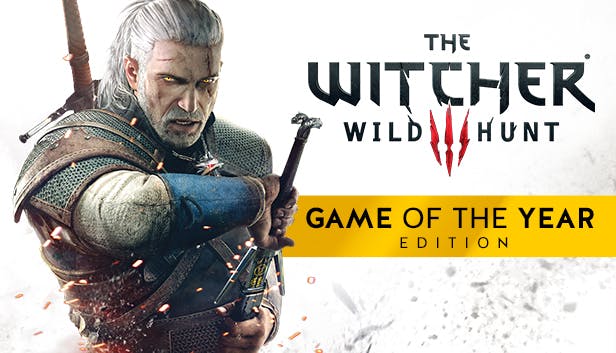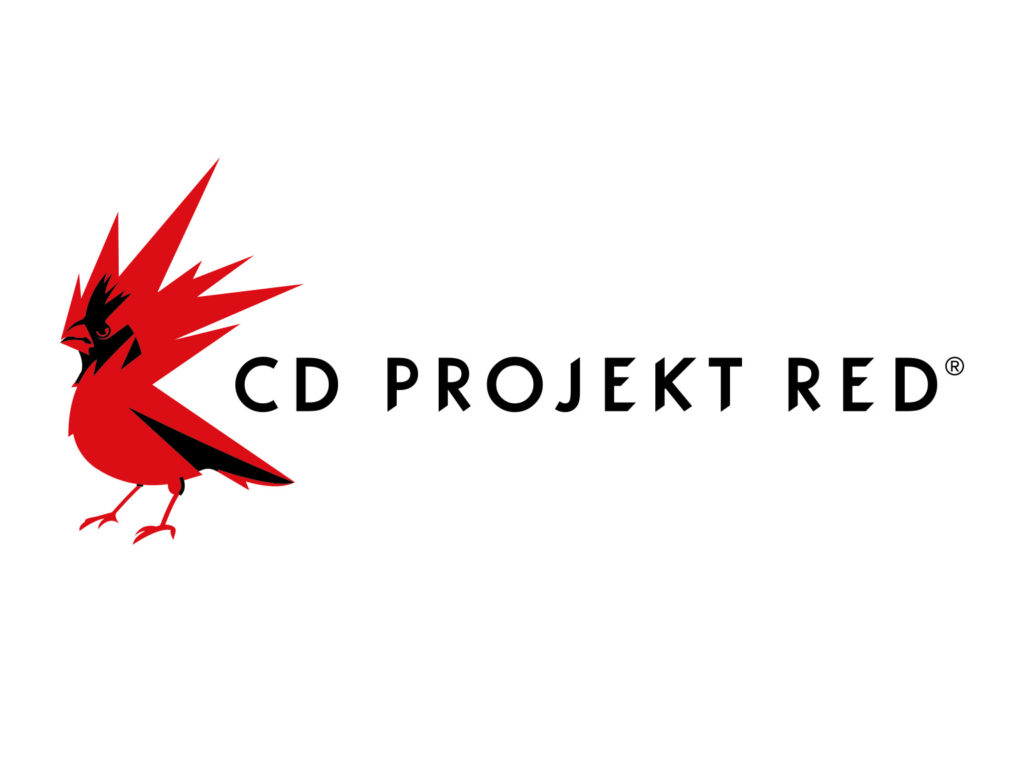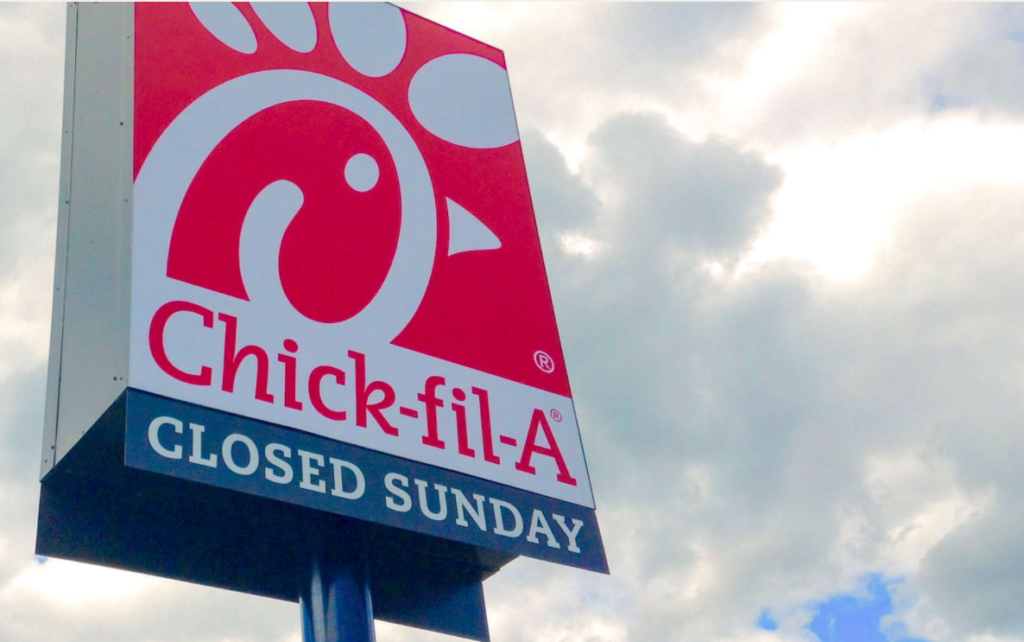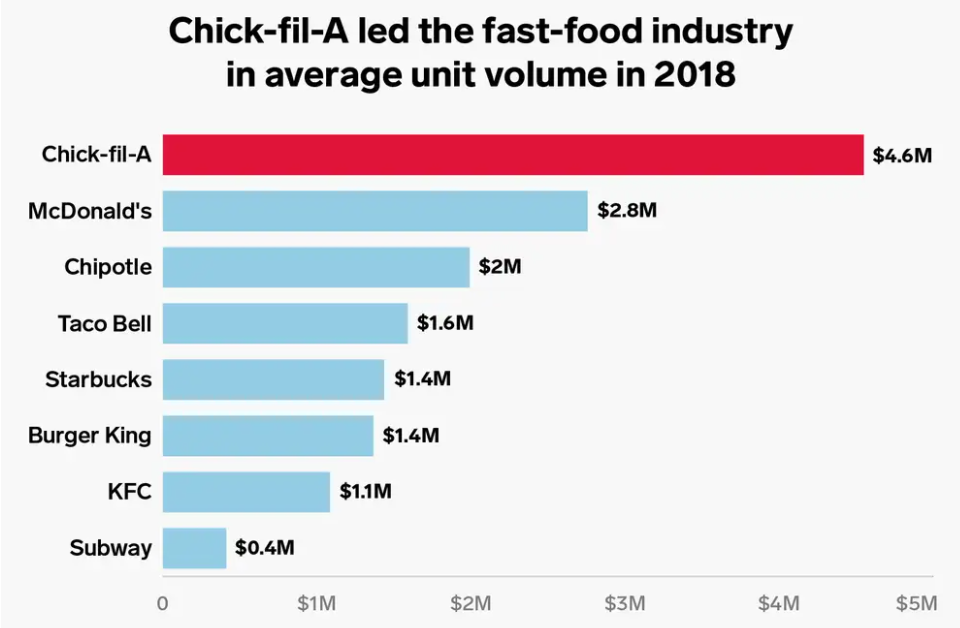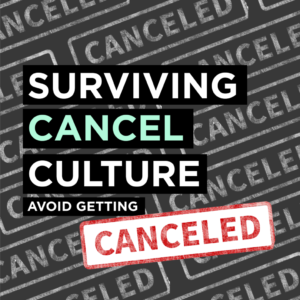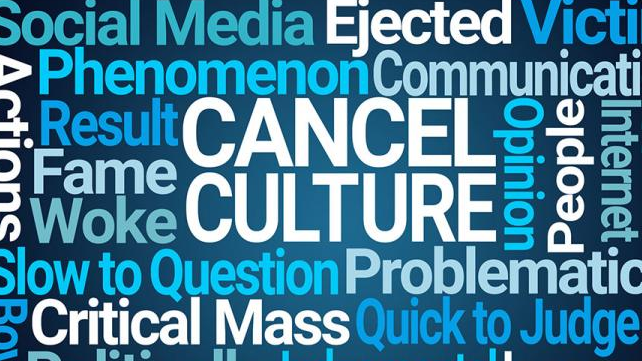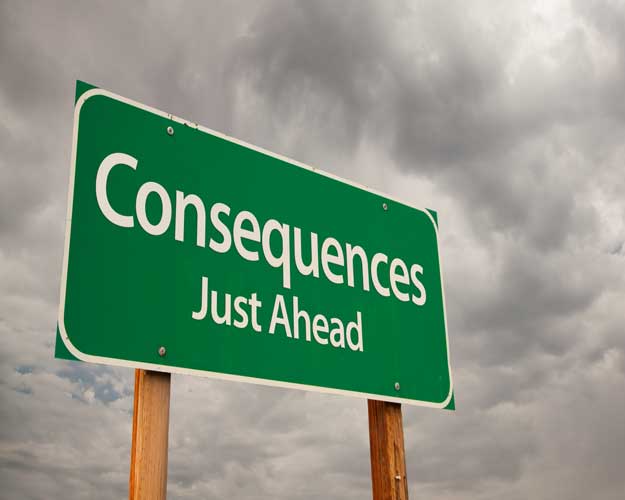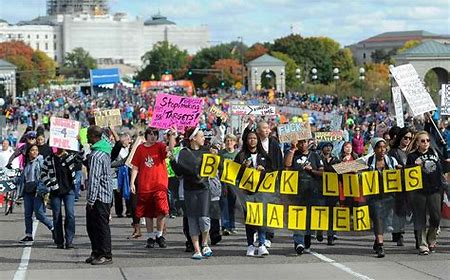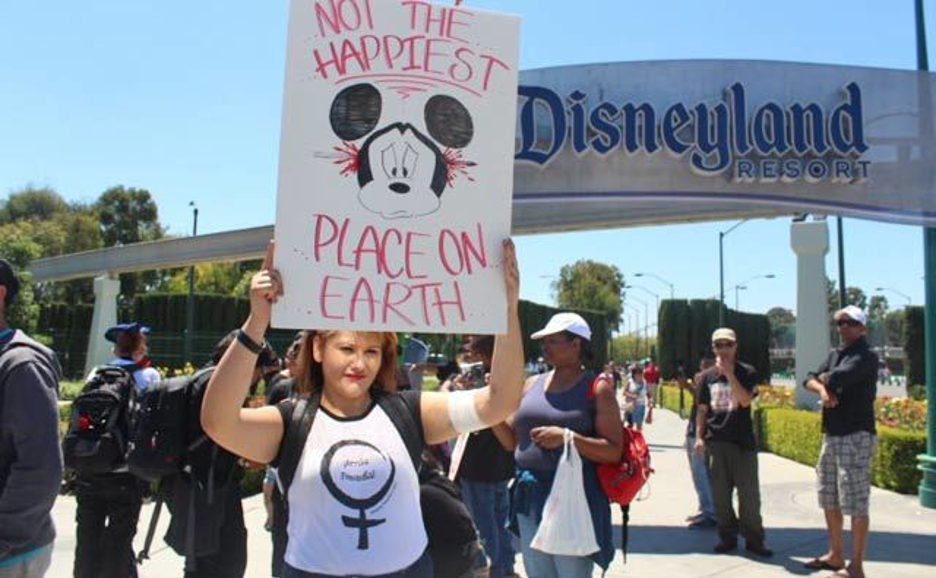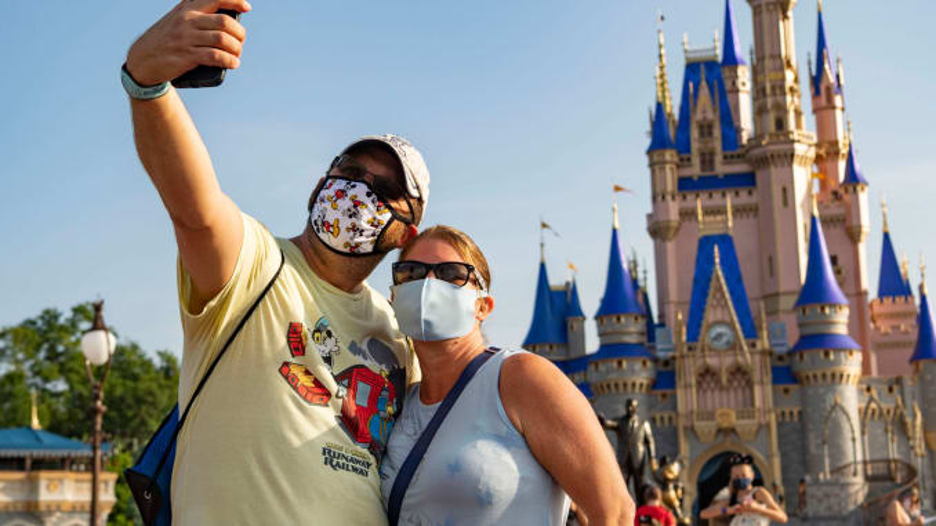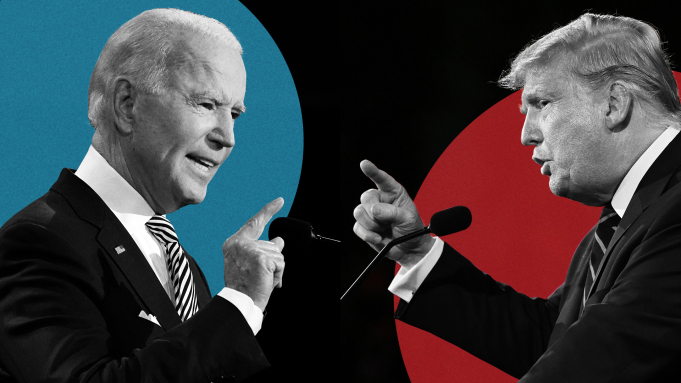
The election and the events that have followed have been so fitting for this wild year we call 2020. I cannot say that I am surprised that it was so eventful, but I could have never predicted just how eventful it has turned out to be. Just calling this year’s election process “different” or “unprecedented” is putting it lightly. It has been chaotic, confusing, and stressful. If we all make it out of this without PTSD it will be a miracle.
Election day came and went and it seemed we all were glued to the tv wondering who the heck was going to be the leader of this country for the next four years. After three days of constant heart palpitations and restless waiting a winner was finally announced. Joe Biden is the president-elect of the United States of America. I thought “wow finally Nevada came back from their vacation and decided to actually count the votes.” After digging in further I kept seeing the word “projected” and posts or news stories that the media called the election. Let me preface by saying this is honestly the first election I’ve ever paid this much attention to every detail. That being said I could not remember if the same words or phrases were used in the last two elections I was able to vote in. I did some more digging and did see that in fact these words and phrases have been previously used to announce winners. However, after browsing social media I also saw more words and phrases that I personally have never seen before on election day. If I had a dollar for every time I’ve seen the phrase “this isn’t over” or “fraud” in the last few days I would be filthy rich. A phrase that stuck out to me the most was “the media does not decide the election.” I thought well is there any truth to that statement? Who does officially call the election and the winner? I know, this is something I should have learned in my elementary or middle school social studies class. If you are like me and should have paid closer attention in class the answer is that Congress officially counts the electoral votes. For the 2020 presidential election that will take place on January 6th.
Based on my research it looks like The Associated Press is considered the most reputable source when it comes to calling an election before the official counting by Congress. The reason they are so reputable is that in simple terms they claim to only announce winners based on a team of experts and analysts who have access to data that is very accurate. The Associated Press has been calling elections since 1848 and for the most part, has been accurate in their announcements. In fact, in 2000 they did not call the highly contested election between Gore and Bush because the votes were too close to call in Florida. Although The Associated Press has a history of being accurate and depending on who you ask is a well-respected and reputable publication. Other people do not feel they are in the position to declare a winner. Rudy Giuliani, for example, expressed these exact sentiments however in a much more harsh and sarcastic tone. He repeated the phrase that as I previously said would add extra zeros to my bank account: the media does not decide the election.
These things considered I honestly sympathize with both sides no matter the outcome. I feel for the people who were on the streets celebrating that Biden will be the new leader. I also feel for the people who are holding on to a mustard seed of faith that this is not over. Either way, one party is going to be disappointed when all is said and done. This feeling of disappointment is unavoidable of course as there can only be one winner. However in my opinion this time may make it a little worse for either side depending on the outcome. This then poses the question if the media does not have the final say on who actually wins the election – isn’t it a bit reckless for them to call an election? In my opinion, yes. Please be assured I get this is how life works and I am sure the empath in me is so evident it is probably glowing on my forehead in neon. However I just personally think the media should report the final count by Congress. I think it was especially imperative as this may be one of the most confusing, chaotic, and emotional years many of us ever live through. My only hope is that whatever the outcome is that all parties accept and move on with grace and peace for the next chapter in this country.
References
Byron, B., Byron, K., Katy Byron Katy Byron is the editor and program manager of Poynter’s MediaWise, Katy Byron is the editor and program manager of Poynter’s MediaWise, Byron, M., Hare, K., . . . Tompkins, A. (2020, November 07). Why does everyone trust the Associated Press for calling races? Retrieved November 08, 2020, from https://www.poynter.org/ethics-trust/2020/why-does-everyone-trust-the-associated-press-for-calling-races/
How we call races: AP. (2020). Retrieved November 08, 2020, from https://www.ap.org/en-us/topics/politics/elections/how-we-call-races
Jacobson, L. (2020, November 07). The media called the election for Joe Biden. Here’s what’s next: PolitiFact. Retrieved November 08, 2020, from https://www.tampabay.com/news/florida-politics/elections/2020/11/07/the-media-called-the-election-for-joe-biden-heres-whats-next-politifact/
Mulraney, F., & Crane, E. (2020, November 07). Furious Rudy Giuliani declares ‘networks don’t get to decide elections’ as he learns of Biden call. Retrieved November 08, 2020, from https://www.dailymail.co.uk/news/article-8924581/Moment-Rudy-Giuliani-declares-networks-dont-decide-elections-learns-Biden-call.html
Slodysko, B. (2020, November 07). EXPLAINER: Why AP called the 2020 election for Joe Biden. Retrieved November 08, 2020, from https://apnews.com/article/why-did-AP-call-election-for-Biden-fe79276cd9175fffc7cf4fb58045fcf9


